SKOPJE, 16.04.2018 – Facebook is currently facing a scandal over the use of its data by British political research company Cambridge Analytica. The company reportedly obtained the personal information of 50 million Facebook users. It didn’t get the data through a hack, but reportedly through a Facebook app which gave a researcher user data – and also the data of their friends.
Most people forget that when they download an app or sign into a website with Facebook, they are giving those companies a look into their Facebook profile. Your profile can often include your email address and phone number as well as your work history and current location.
And most people don’t realise that if you’re sharing that data with friends, then apps used by those friends can see that data as well!
Advertisers, Facebook-app developers, and Facebook ad-tech partners can’t see your name, your phone number, or your employer – Facebook encrypts and anonymizes all the data to protect your privacy. But it does sell that data in bulk to companies who want to target and track both you and people like you.
1. To start off, go to the arrow symbol on the far right of your Facebook page.
 (Facebook)
(Facebook)
2. We’re going to be taking a deep dive into the settings.
 (Facebook)
(Facebook)
3. Once you’re in the settings, go to Apps.
 (Facebook)
(Facebook)
4. This is the shocking bit, the list of company apps that are tracking you on Facebook. Apparently I have allowed 54 apps access to my Facebook account. Be sure to click on the “show all” button to get the full list.
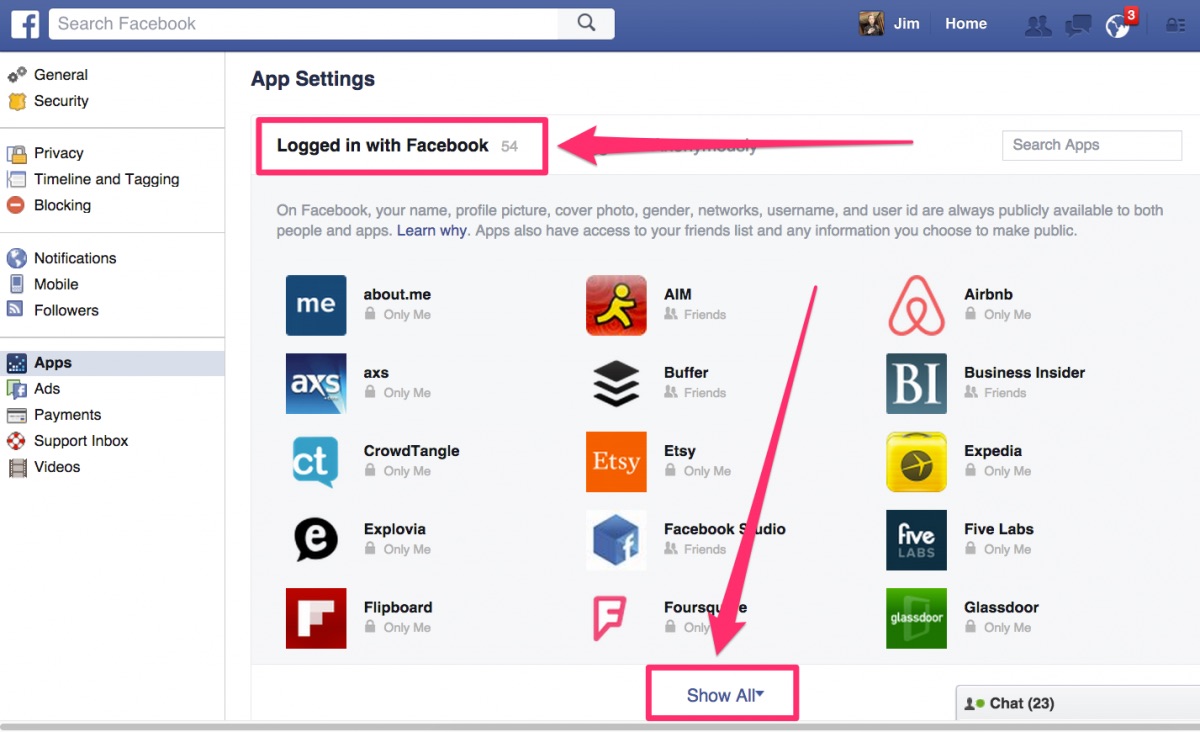 (Facebook)
(Facebook)
5. Voila! The list of apps tracking me is so long I have to make this zoomed-out view to see them all.
 (Facebook)
(Facebook)
6. Hover your mouse over one of the apps. You have options. You can edit the app’s permissions or delete it completely so it can no longer access your Facebook account.
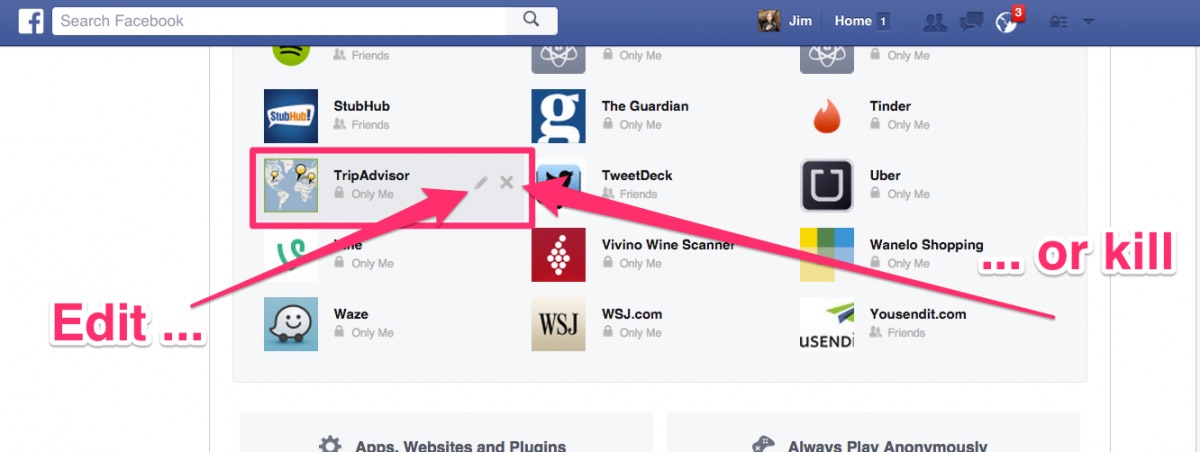 (Facebook)
(Facebook)
7. TripAdvisor knows my email, my age and — oddly — my work history! I love TripAdvisor. But this feels like a reach.
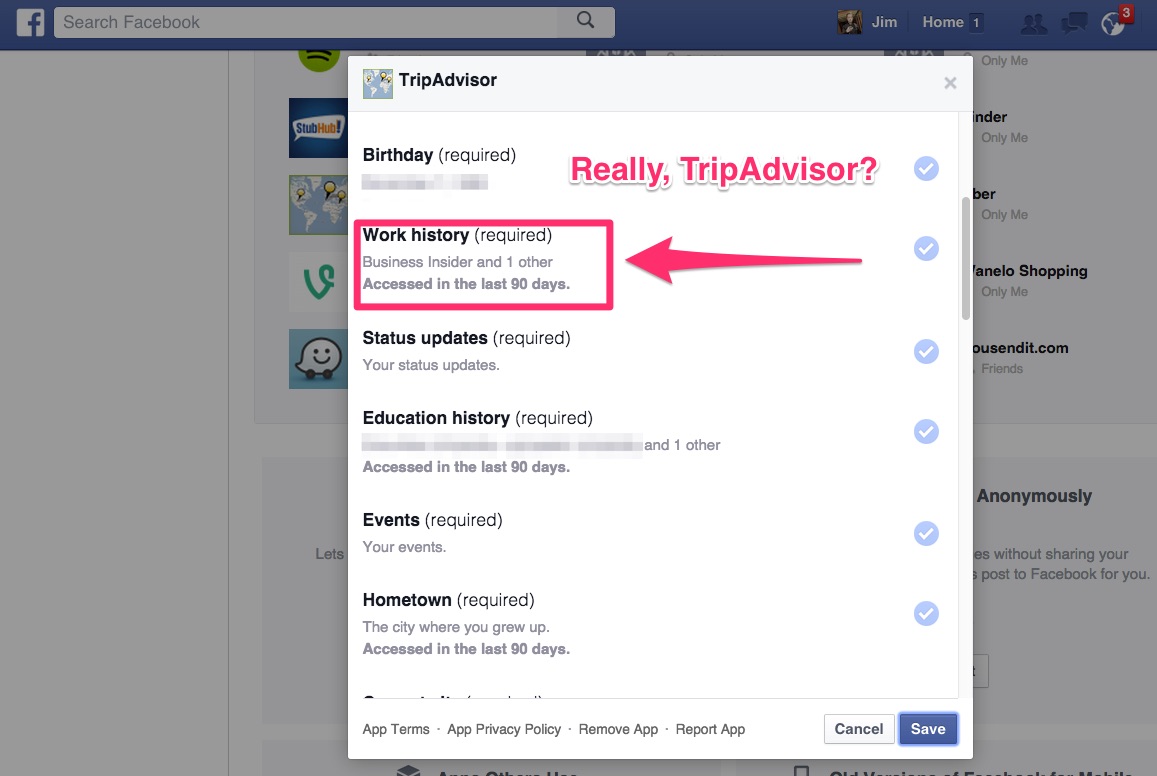 (Facebook)
(Facebook)
Review each app to edit its permissions or delete its access to you on Facebook entirely. It’s a bit time-consuming – but otherwise you’re just giving these people free data.
8. Now scroll down a bit further in the Settings > Apps section. You have more options — we’ve highlighted the two most important. You can use Facebook to log in and play games anonymously. But we suggest you also click on the “Apps Others Use” section.
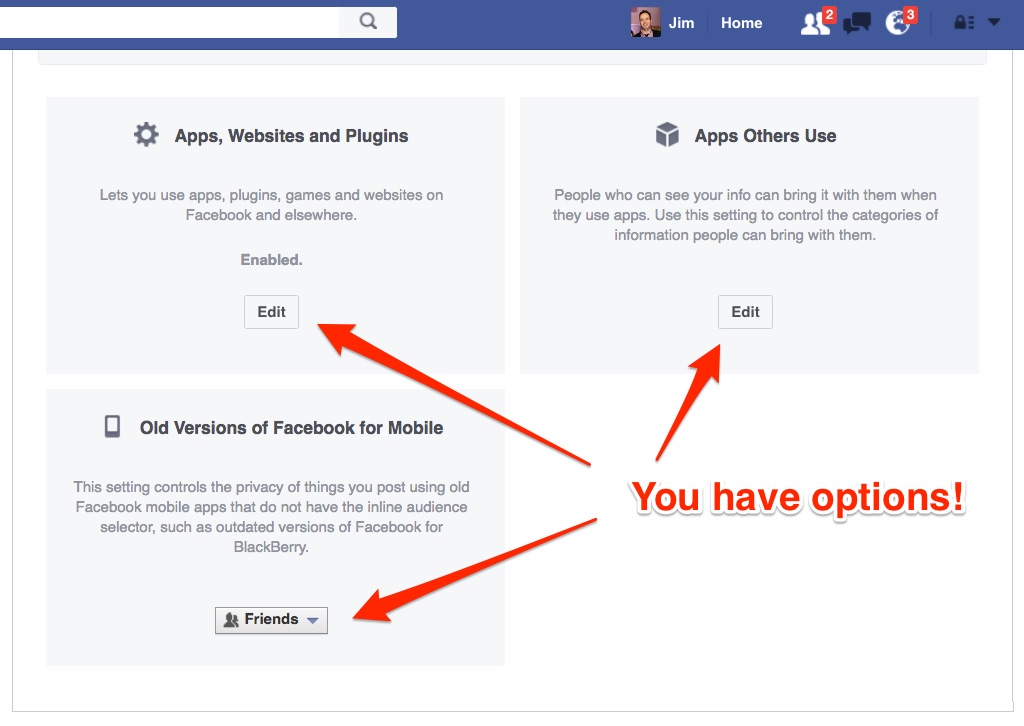 (Facebook)
(Facebook)
9. Inside “Apps Others Use” you can see all the data you’re letting your friends see, and that data is being seen by the apps your friends use!
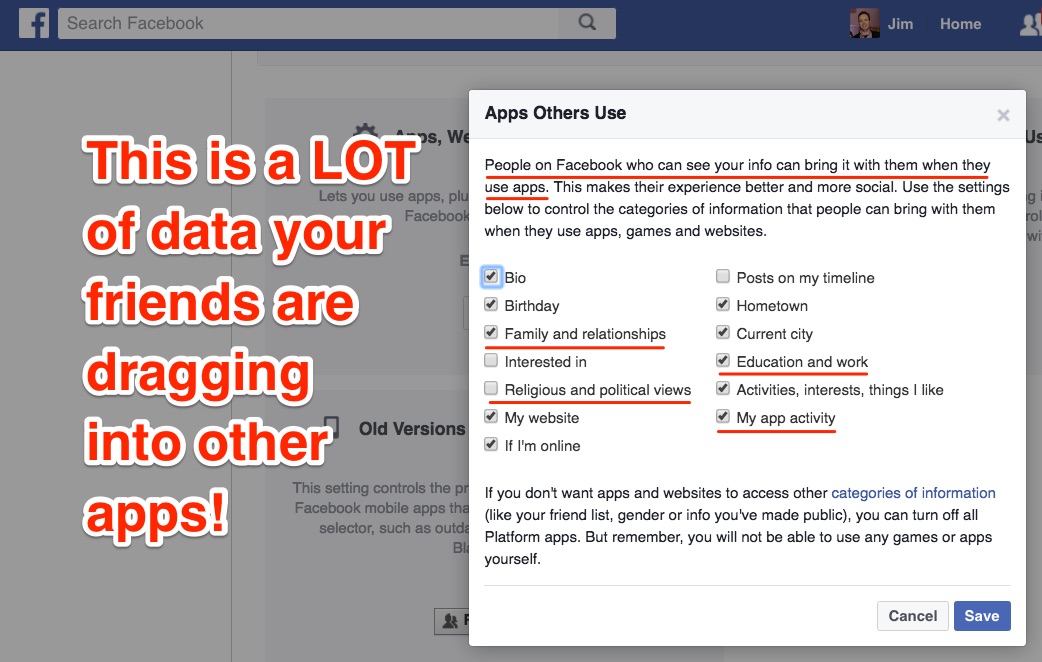 (Facebook)
(Facebook)



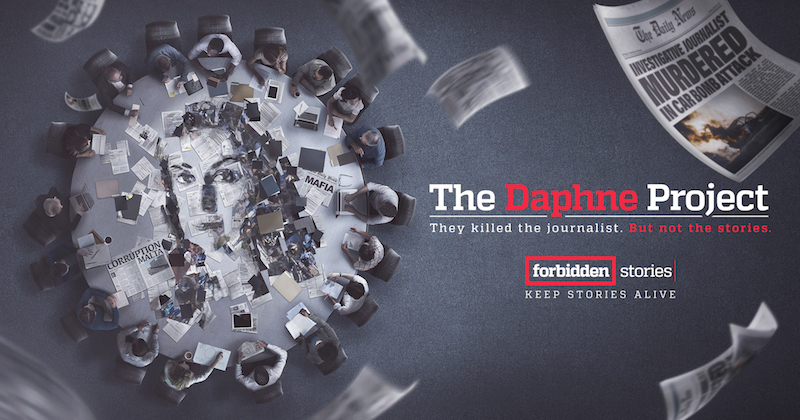

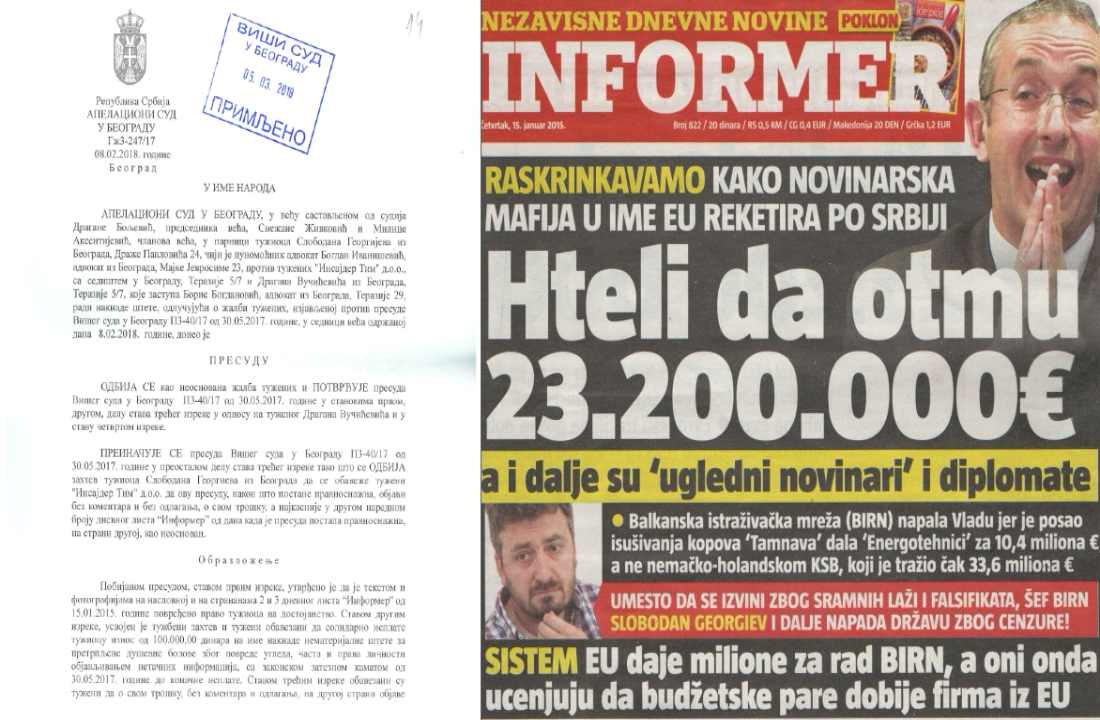
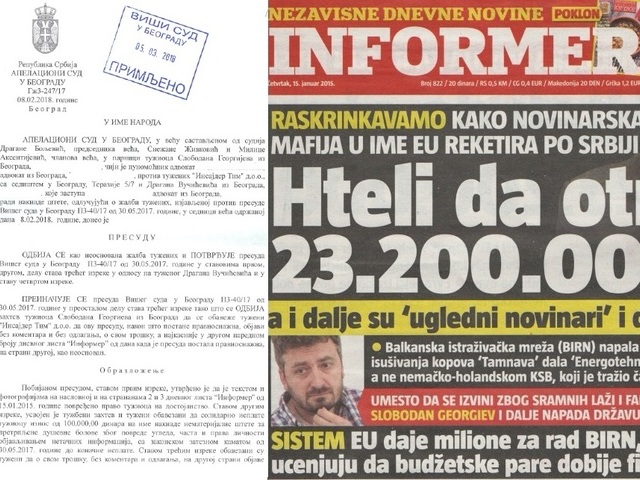
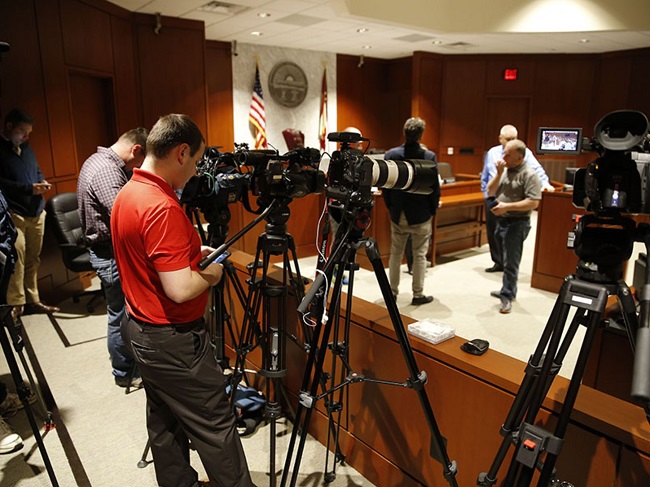

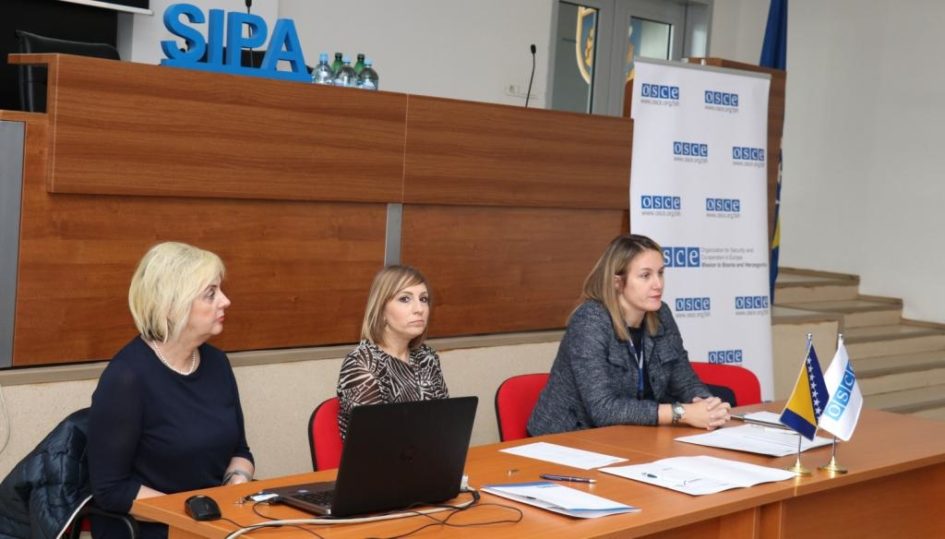
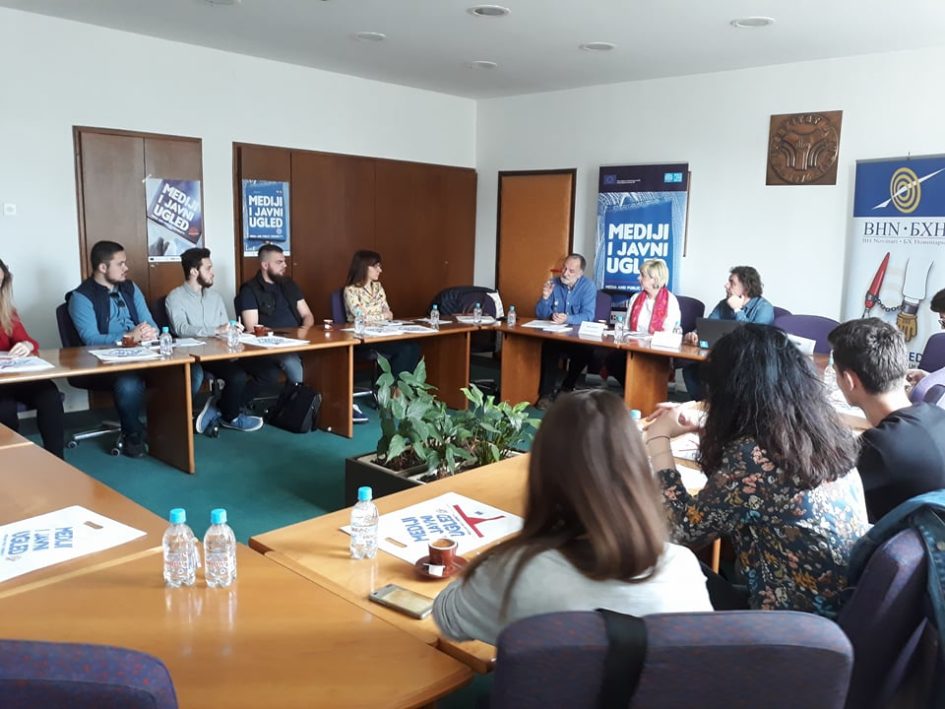
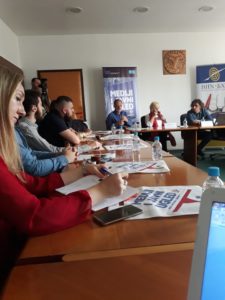 Institutions at all levels spend about 30 million KM per year on the media, although the public is not familiar with the tender procedure, nor with the conditions that media outlets must fulfill in order to receive support from the public budget. At the same time, the question arises as to are the media-users of public funds able to consider the public interest and adjust their program content to the needs of all citizens?
Institutions at all levels spend about 30 million KM per year on the media, although the public is not familiar with the tender procedure, nor with the conditions that media outlets must fulfill in order to receive support from the public budget. At the same time, the question arises as to are the media-users of public funds able to consider the public interest and adjust their program content to the needs of all citizens?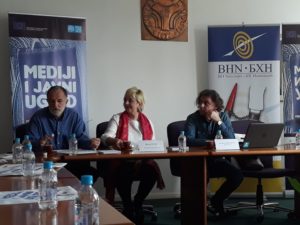 Doc. dr Mirza Mehmedović from the Faculty of Philosophy in Tuzla believes that when accessing European Union we will face a new problem because the EU does not know the public media system that exists in BiH. „We have too many so called public media, and they are not publicly responsible, but receive money from public budgets based on private connections with government officials, from the budget that the public fills, and money is given to someone although we do not know how it is being spent“, said Mehmedović.
Doc. dr Mirza Mehmedović from the Faculty of Philosophy in Tuzla believes that when accessing European Union we will face a new problem because the EU does not know the public media system that exists in BiH. „We have too many so called public media, and they are not publicly responsible, but receive money from public budgets based on private connections with government officials, from the budget that the public fills, and money is given to someone although we do not know how it is being spent“, said Mehmedović.